I have written about Fred previously, but in this blog I wanted to revisit the story of our first meeting and a conversation we ended up having about teachers and teaching. I want and tell it again now in light of the man, and the teacher, I came to know. I suppose it’s my way of saying goodbye, but also, I hope a way to share the wisdom of someone who I wish everybody could have met.
Lunch with Fred
I first met Fred in the summer of 2016. My wife has been visiting him for some time as he was a member of the local church and had recently lost his own wife, Sue. Just like Fred, Sue had been a teacher. She had worked with women in immigrant families in Bradford to help them learn English. Some of these women still came to visit Fred right until the end. In the summer Fred was often to be found sat on a lawn with a cup of tea and company whilst small children ducked in and out of runner beans or picked apples or pears in the garden.
One Sunday, Fred invited my wife and I along to lunch at a local pub. Before she became a vicar, my wife had been a primary school teacher, and I was in my first year of running a PGCE course. It was almost inevitable that the conversation would turn eventually to teaching.
You may not believe this, but I am actually not a huge fan of discussing education outside of my professional life. All too often I find myself in conversations with people who either think the youth of today are going to Hell in a handcart, or that teachers are too soft. Or conversely, I end up listening to people telling me that knowledge doesn’t matter and that we just need to teach children to be creative. Either way I am very bad at the polite but firm disagreement which these encounters require.
Fred had been a teacher in the 1960s and 1970s. I reasoned he had almost certainly been trained in the progressive pedagogies of this period (he once met Piaget it transpired) and was already anticipating where the conversation might go. Meanwhile in 2016, I was drunk on Michael Young, ‘powerful knowledge’; the liberations of ‘rigour’; and busy decrying the ‘soft bigotry of low expectations’ found in many schools obsessed with GCSE grades or ‘21st century skills’. I suspected that our dinner conversation would be one to endure rather than enjoy. As with so many other times in my life when I have been certain of my own rectitude, I was wrong.
Reading none of the books

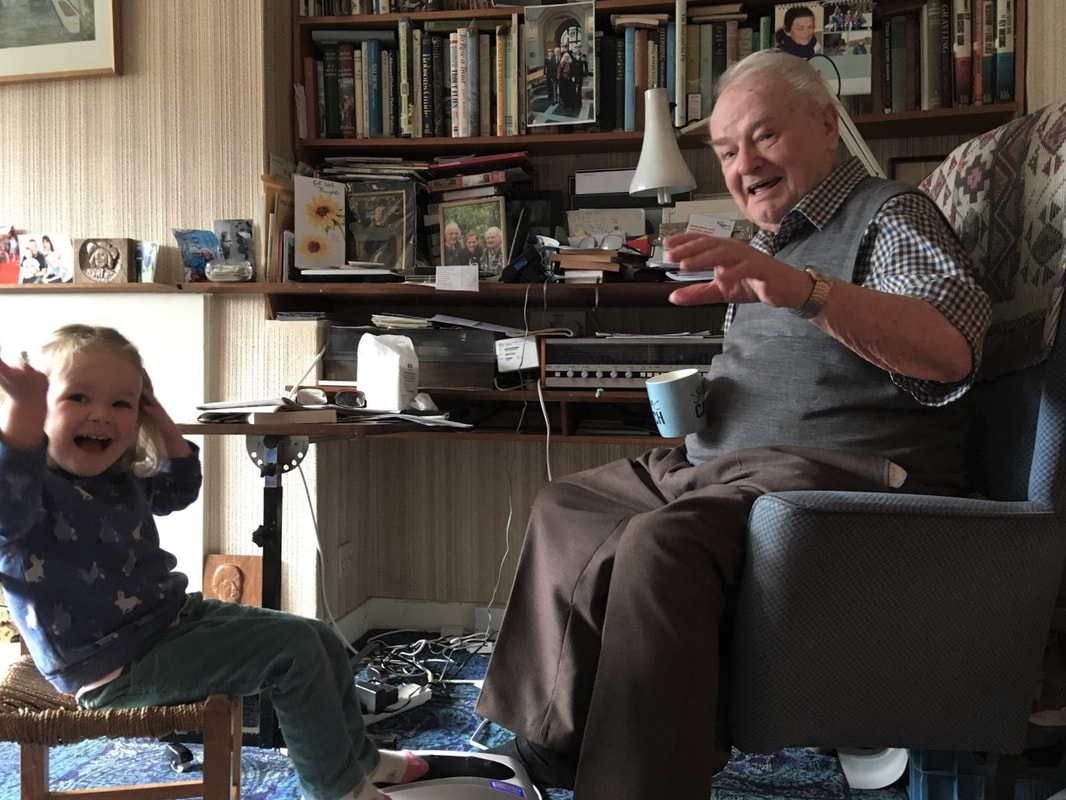
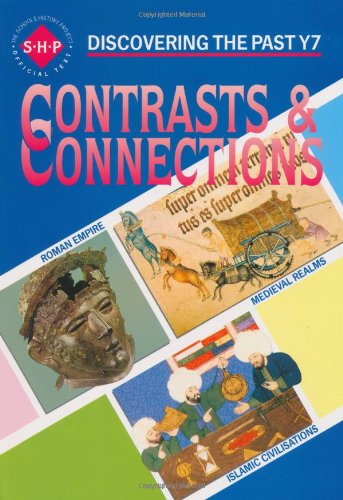
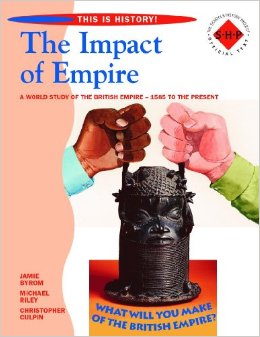

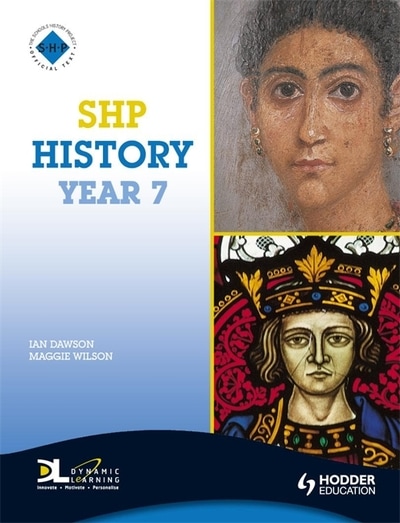
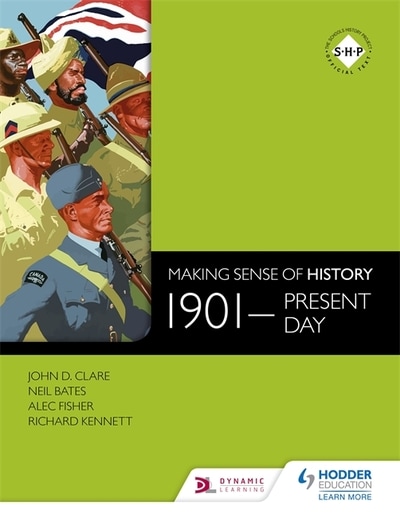

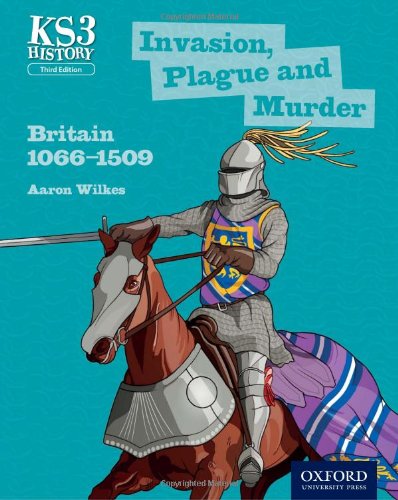
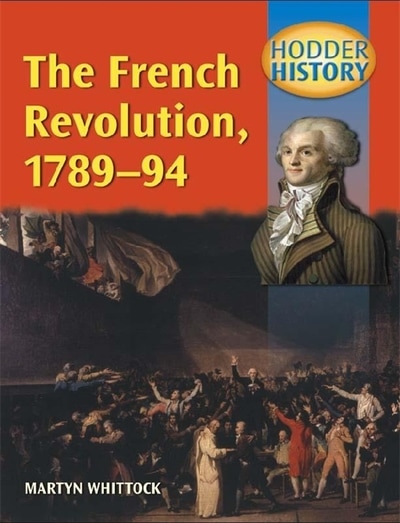

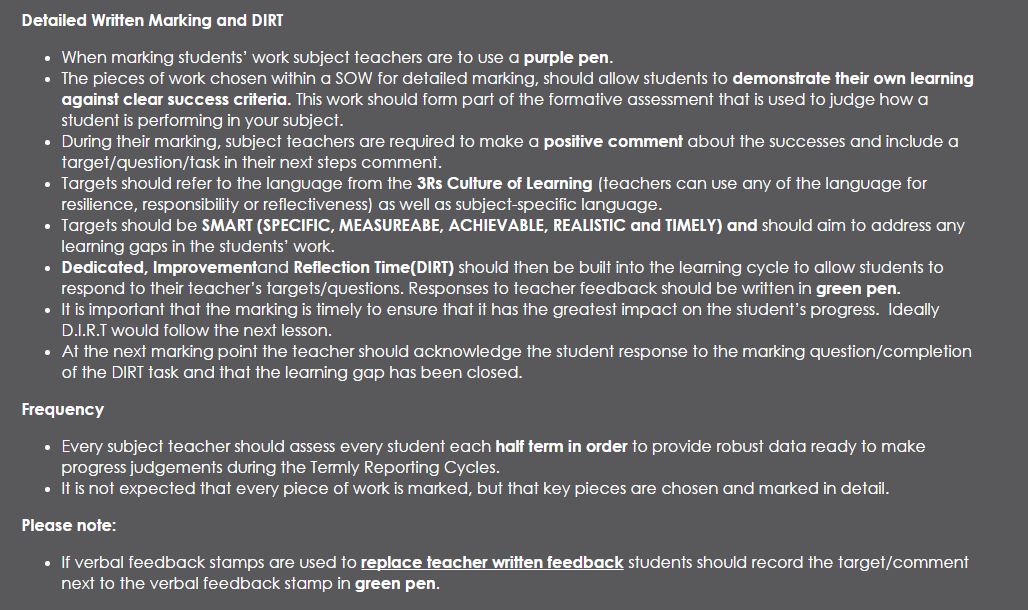
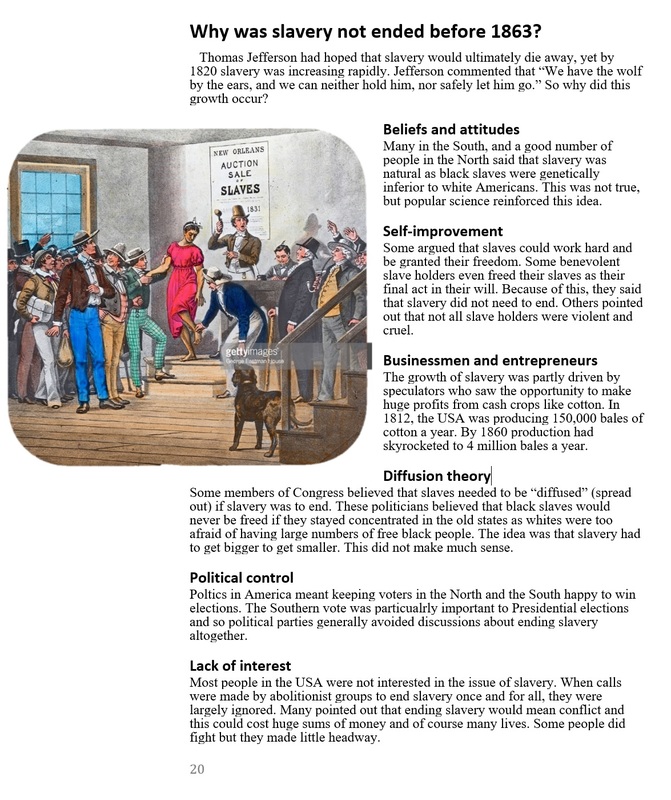
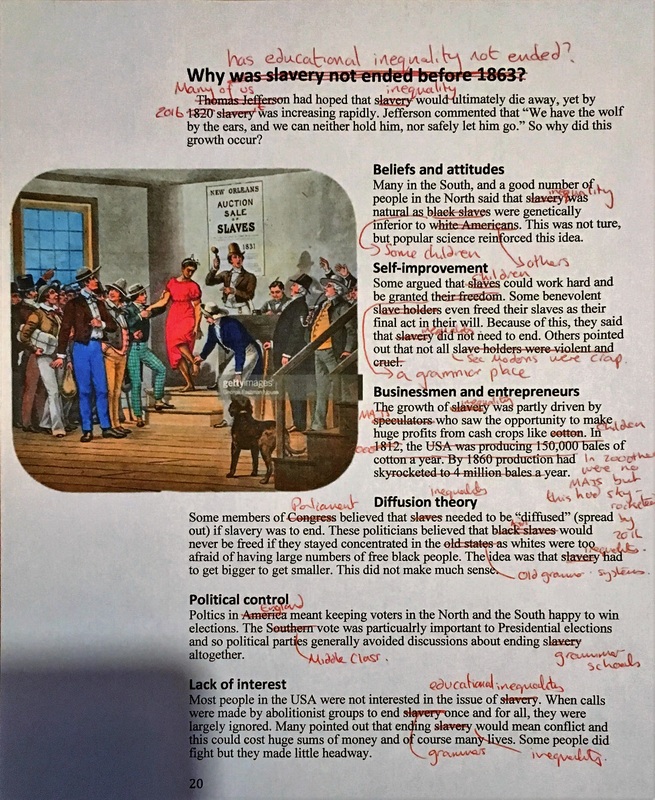

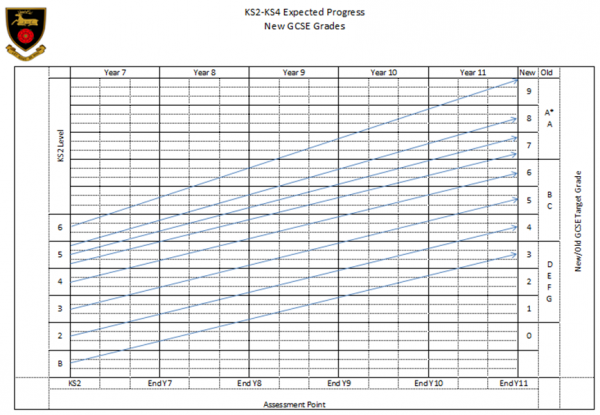

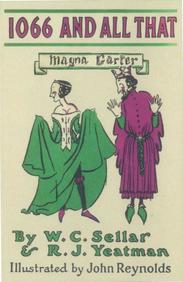
 RSS Feed
RSS Feed
